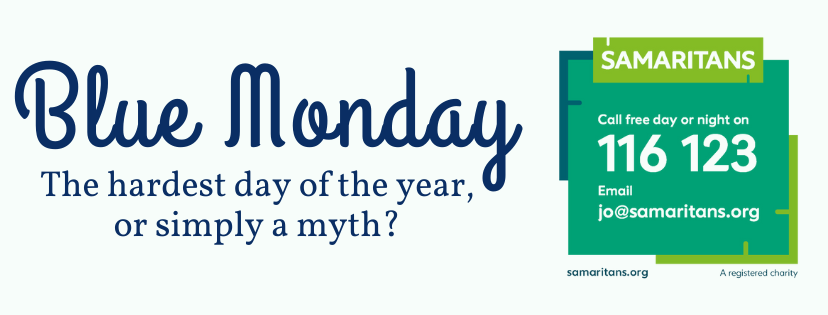Many parents with mental health conditions are able to give their children safe and loving care without them being negatively impacted in any way. However there are some parents who may need additional support for their mental health, this can come from friends, family, neighbours and/or medical professionals, and there is no shame in this.
There are many mental health conditions that people may be experiencing. Some of the most common are:
- Depression
- Anxiety
- Bipolar
- Schizophrenia
- Eating Disorders
- Personality Disorders
Each mental health condition can vary in severity and their symptoms may be different from person to person. This depends on individual circumstances, experiences and what treatments/support they have received.
Some parents may have had pre-existing mental health conditions before starting a family. These conditions can flare back up whilst experiencing pregnancy, or after having children as a result of hormonal changes, or the new challenges that come with being a parent.
Challenges of Parenting With Mental Health Conditions
Being a parent comes with many day-to-day challenges for all of us, whether we have a mental health condition or not. However, these challenges can be seemingly more difficult and overwhelming when facing them alongside a mental health condition. For example;
- Having anxiety can cause increased worry as a parent. This can affect how you approach various factors in your child’s life, such as whether or not you trust leaving them with a carer, which in turn can cause issues when it comes to going back to work. You may be anxious about their health and either take them to the doctors too regularly, or not enough. Anxiety can impact on many things and can make day-to-day tasks very difficult.
- Having depression can make you feel drained of energy and lack motivation to do things, even things that you may have once enjoyed. This can make day-to-day tasks really difficult, especially with young, demanding children and sleepless nights. You may not feel able to spend extra time playing with your children or cleaning up the family home, or taking care of your basic needs.
- You may experience mood swings as a result of your mental health condition, these can be difficult to explain to children, especially of a younger age. This can come with feelings of overwhelm and guilt.
- Some may find it hard to seek help, this could be out of fear of being judged by others, or it could be due to them feeling as though they do not have the time, or that they have ‘more important things to do.’
- Some may be unable to work as a result of their mental health, this can come with its own set of concerns, especially with finances.
Some parents choose to hide their mental health condition from their children, usually due to the belief that this is protecting them. However, sometimes informing your children of what you are going through can be beneficial as it allows them to have a better understanding of your moods and behaviours.
Not explaining these things to children can sometimes lead to:
- Fear of what will happen to them or their parent
- Blaming themselves for their parents emotions and behaviours
- Worry that they too will develop the same condition
- Stigmatism
- Confusion surrounding their situation
Sometimes, mental health can come as a result of a particular experience, or can be made worse by such experience.
- Divorce / separation
- Unemployment
- Financial Difficulties
- Poor Housing
- Discrimination
- Lack of Social Support
- Domestic Abuse
- Substance Misuse
There are many support systems available for parents with mental health conditions.
Resources:
STEM – Free Webinar at 7pm for parents with mental health conditions and their children.
NSPCC – Parental Mental Health Problems
MentalHealth.org – Parenting and Mental Health


